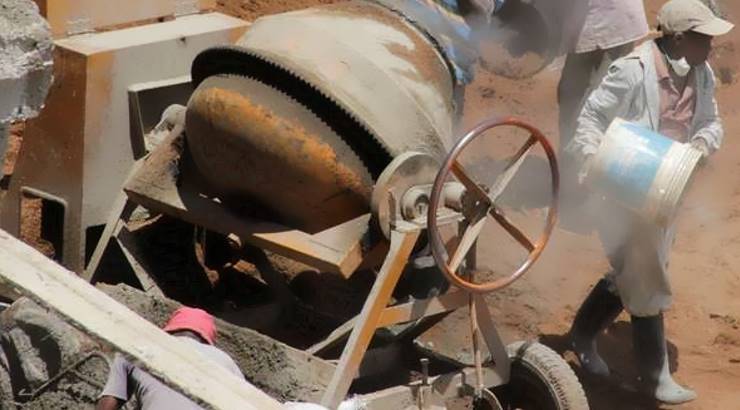Industry News
Construction Slows to Six-Year Low in Q3 on Poll Jitters
Sector grew 4.9% in July-September compared with a 7.8% growth in Q3 of 2016.

The speed of growth in Kenya’s construction activity fell in Q3 to its lowest level since 2011, as political uncertainty and a credit crunch deterred new orders, according to statistics by the Kenya National Bureau of Statistics (KNBS).
The new data shows that construction – which has been a key driver of Kenyan economic growth – expanded by 4.9 per cent in July-September compared with a 7.8 per cent growth in the third quarter of 2016.
“The slowed growth in the sector was partly attributed to the extended electioneering period that prompted investors to scale down construction activities,” KNBS said in its third-quarter GDP report on Friday.
A sharp reduction in the availability of loans from banks, due to a cap on commercial bank lending rates imposed in September 2016, has also been blamed for the sluggish construction sector growth.
According to the KNBS, the flow of funds to the property sector grew by a miserable 0.3 per cent in July-September compared to 6.2 per cent a year earlier, with risk aversion having built up ahead of the hotly contested August presidential election.
The dramatic slowdown is reflected in other related trades such as timber, metal and cement markets. Cement consumption fell by 13.09 per cent to 1.41 million metric tonnes in the third quarter of 2017 compared with the same period in 2016.
RELATED: Glut of High-End Homes Hits Nairobi Property Market
Importation of iron and steel products was significantly depressed, with volumes of imports plummeting by 66.1 per cent and 37.9 per cent respectively, the KNBS said.
The slowdown was likely extended to the final quarter of 2017 owing to the prolonged electioneering period following the Supreme Court’s annulment of the election of President Uhuru Kenyatta – which led to a repeat poll in October.
Industry players are, however, hopeful of a better 2018 following the conclusion of the elections and the government’s recently unveiled four-point growth agenda that largely focuses on boosting local manufacturing.
“In my view, 2018 will be a relief now with the government settled with a strong agenda to support the local economy,” says Pradeed Paunrana, the chief executive of ARM Cement.














